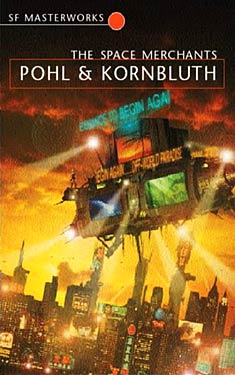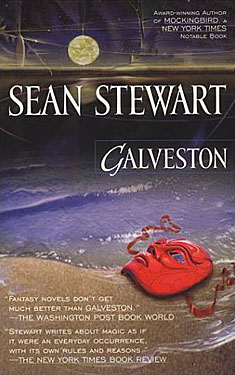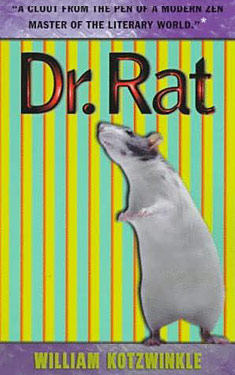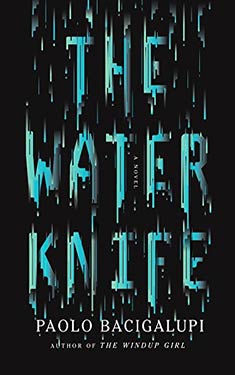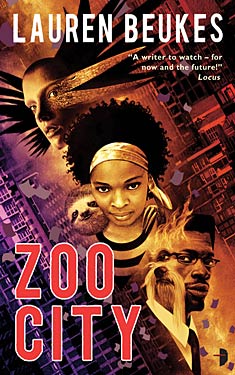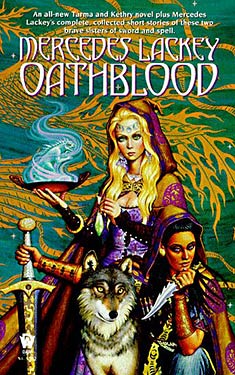Frederik Pohl & CM Kornbluth
Completed 9/24/2022, Reviewed 9/24/2022
4 stars
I first read this book in college for a Sci Fi class. I didn’t remember a thing about it. When my book club voted for this book, I was excited because I had wanted to read it again to see what I thought of it now. Turns out I liked it a lot. It’s a biting satire on the sleazy world of advertising first published in 1952. A few parts are dated, but it is still a very accurate portrayal of corporate greed in America.
The story is told by Mitch Courtenay, an executive copywriter for one of the biggest advertising companies in the world. He is tentatively married to Kathy, a doctor, who as of late has been avoiding him. She hasn’t signed the confirmation document that would make their marriage permanent. At work, Mitch has been assigned the Venus account, heading the campaign to convince people to sign up to colonize Venus. Up to this point, only one person has been to Venus before, finding it an inhospitable desert, as the scientists had theorized. However, there is another firm that had originated the idea, which Mitch’s company stole and sold to Congress. They seem to be out to kill Mitch. Things turn bad when he is abducted and sent to work as a lower class drudge in Costa Rica and learns what it is like to be a consumer of the products his company brainwashes people into needing.
While the story is good, there isn’t much to like about Mitch. He’s a company man through and through. When he ends up in Costa Rica, I was actually happy that he had to work as a scum skimmer in a plant that produces the protein called Chicken Little. It feels like he gets his comeuppance. I felt, though, that Mitch was pretty well developed for me to dislike him so much so quickly, and get this reaction when falls from his lofty heights of society. The women in this book are interesting. They are pretty reflective of the era, the early fifties, even though Kathy is a doctor. Yet they have some strength to them, which I thought was surprising. Most notable is Mitch’s secretary Hester who, like a good secretary of the fifties, is faithful to her boss and his needs. Of course, she’s in love with him too, but I thought she was a better than a lot of women from the pages of this era.
The world that this takes place in is the 22nd century. Earth is overcrowded, massive amounts of people are homeless and sleeping in the stairwells of the corporate skyscrapers, fossil fuels are depleted, and all food is synthesized. I liked Mitch’s discovery of the effects of his campaigns for his products. Eat a snack. It makes you crave soda, which makes you crave a cigarette, which makes you crave snacks, all in a never-ending loop of addiction. Even the coffee, called coffiest, is made to addict you.
I liked the structure of the US government in this book. Congress represents corporations, not the population. It’s like today’s corporations gifting congresspeople for votes, but being honest about it. And other little things, like the saying that a thousand innocent deaths are worth it if it helps bring the one guilty person to justice. Pohl and Kornbluth take many axioms of the present and turn them on their head. You get a chuckle inside, but also feel a little sick when you realize this is where we seem to be headed today.
I give this book four stars out of five. At just around two hundred pages, this was a quick read. The prose is pretty spare. It gets right to the point and keeps you engaged. I’m impressed with how good a book this was, though I’ve read Pohl before and have enjoyed his work. Gateway won a Hugo and Man Plus was pretty satisfying. I’m always a little suspect when two authors write a book, but this one felt pretty seamless. I read that the two have collaborated quite a bit and have developed a quite a pychic connection when writing a story, easily picking up where the other leaves off. I think this is a book that should endure. It’s well written and still relevant today.
